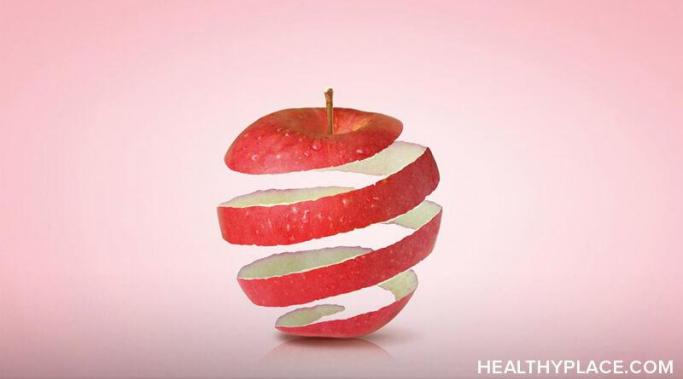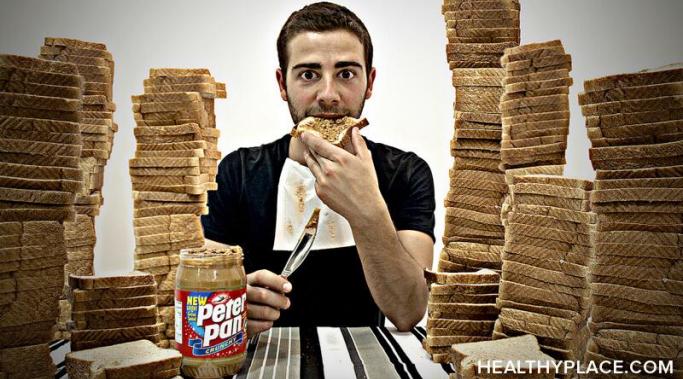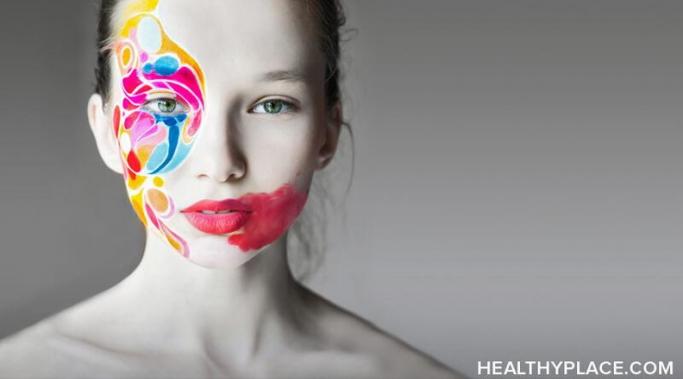There are many barriers to eating disorder recovery, but there are three that particularly wreak havoc. Recovery of any addiction requires us to be brutally honest with ourselves, take responsibility, and hold ourselves accountable. These are all things that an addict of any kind despises (How to Fight Barriers and Get to Your Safe Place). But once we can face the three barriers to eating disorder recovery that stand in our way, the road opens under our feet.
Coping Skills for Eating Disorder Recovery
What if numbing out pain with food is an unhealthy solution, not an addiction? What if I told you that you weren’t addicted to food? What if I told you that you didn’t have a problem with food at all? What if I told you that the problem was the discomfort beneath your skin, that urge to squirm and itch and run. The discomfort under your skin is what you’ve been trying to numb out. The food is just the solution you’ve come up with.
Shame can keep you trapped in an eating disorder. Shame is insidious, creeping into our self-esteem and wreaking havoc on our thoughts and feelings. Eating disorders come with both shame and guilt, but the difference is important. Shame is the feeling that “I am bad,” while guilt is the feeling that, “I did something bad.” The insidious part about shame is that we begin to see ourselves and the eating disorder as one. When we do this, we become all bad and shame keeps us trapped in the eating disorder.
The benefits of accepting your eating disorder are numerous because it’s the first step to healing. The more we resist something, deny it, or make excuses, it sets up a distance. It’s like holding the eating disorder at arm's length where it will continue to be a scary thing that’s chaotic to explore. Here are the true benefits of accepting your eating disorder.
Stop saying “I can’t” when it comes to eating disorder recovery. "I can't" is a phrase uttered out loud or in the secret caverns of our minds. I can’t recover. I can’t eat that. I can’t stop exercising. I can’t stop throwing up. I can’t keep food down. I can’t love myself in the mirror. I can’t love the part of my body that I despise. I can’t be kind to myself. Eating disorders are filled with the words “I can’t,” but there’s one ultimate reason to stop saying "I can't" for the sake of your eating disorder recovery (Why We Believe Eating Disorder Lies).
At some point in your eating disorder recovery, you will need to release anger. Recovery is an interesting process and it can also be tough. When anger comes up, it’s important to know how to handle it so that it doesn’t get stuck in your body and trigger eating disorder patterns (How to Channel Anger Constructively). Take a look at these helpful suggestions to help you release anger as it arises in your eating disorder recovery.
Art can be an important coping tool in your eating disorder recovery. Eating disorders thrive on rigidity. They tell us what to eat, what not to eat, how much to run, when we’ll starve, purge, or hide away from the world. Eating disorders are built on control and structure (Anorexia: A New Form of Control). Art can be flexible and fluid. Art can be wild, spacious, and free. Art can be what we want it to be. This is why art as a coping tool in eating disorder recovery is even more important to have on our side.
Each year, as the New Year rolls around, millions of us with eating disorders set our resolutions. One of the number one American resolutions is to exercise more, with gym memberships spiking in January and then waning soon after. Despite good intentions, many people’s motivation falls to the wayside with nothing more than a shrug. However, for those with eating disorders, resolutions involving our weight or bodies can make for a dangerous year (Are Your New Year’s Resolutions Aiding Your Eating Disorder Recovery?). Here’s how not to set a New Year’s resolutions with an eating disorder.
How do you talk to someone with disordered eating around the Holidays? The Holiday season is a time of gathering and lots of food. The average person may complain of overindulging and gaining some turkey or pie weight. But for the person with an eating disorder, the joy of the Holidays can be a time filled with anxiety (Surviving (and Thriving) During the Holidays With An Eating Disorder). Food is a part of celebration, but for those with disordered eating it can be difficult to maintain stability or stay on the recovery path. Added to that stress, are the dreaded looks or awkward questions of friends and family members. Here’s how to be a supportive person and talk with someone with disordered during the Holiday celebrations.
You don’t want your eating disorder to magically disappear. You may be thinking, “Um, yeah I do,” but hear me out. In counseling, there’s something known as the “miracle question.” Often it sounds like, “If you woke up tomorrow and you no longer had your problem, how would you be different? How would your life be different? How would your future be different?” The process is supposed to get you to think about, envision, and even feel what your life might be like if your problem were gone. But here’s why you don’t want your eating disorder to magically disappear.









